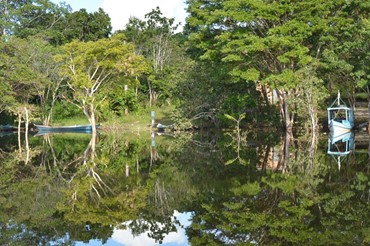Indonesia’s energy consumption is among the world’s fastest growing in both percentage and absolute terms. Driven by a booming middle class, it is estimated that the country’s electricity consumption will more than triple by 2030, placing enormous pressure on the grid, increasing energy costs and driving up carbon dioxide emissions. These factors, compounded by over-reliance of the transport sector on oil-based energy products, underscore the critical importance of transforming Indonesia’s energy sector.
With three sustainable and efficient energy sector initiatives in the pipeline, the Asian Development Bank (ADB) has established a technical assistance facility to support project preparation, policy development, and capacity building in an effort to ensure their success. All three projects – the Sustainable and Inclusive Energy Programme policy-based loan subprogram 3, the Renewable Energy Development Project, and the Sustainable and Efficient Sector Development Program linking policy reform with capital investments – are expected to strength sustainable energy infrastructure and decrease the growth in greenhouse gas emissions in Indonesia.
NIRAS was selected to run the facility for two years until March 2022 thanks to our extensive experience in the energy sector and deep expertise in technical as well as policy for sustainable clean energy development. Working together with the Institute of Essential Services Reform, we will be recruiting 34 electricity and clean energy specialists and project preparation experts on financing, procurement, and safeguards to cover all the activities of the facility.
For details on how NIRAS supports SDG 7 - Access to Affordable and Clean Energy - download our brochure.
The NIRAS team will work closely with the Indonesian Ministry of Energy and Mineral Resources, the state-owned oil and natural gas corporation PT Pertamina, the Indonesia Infrastructure Guarantee Fund, the Ministry of Finance, the Coordinating Ministry for Economic Affairs, and local governments/ municipalities to build capacity and awareness for sustainable and efficient energy policies, increase investments in on- and off-grid renewable energy generation, and introduce energy efficiency measures. A key focus will be on increasing access to finance for renewable energy and energy efficiency projects, which have been stymied by incoherent energy policy and planning, subsidized fossil-based energy pricing, inadequate electricity grid and grid balancing capacity, and the absence of investable risk capital and financing.



